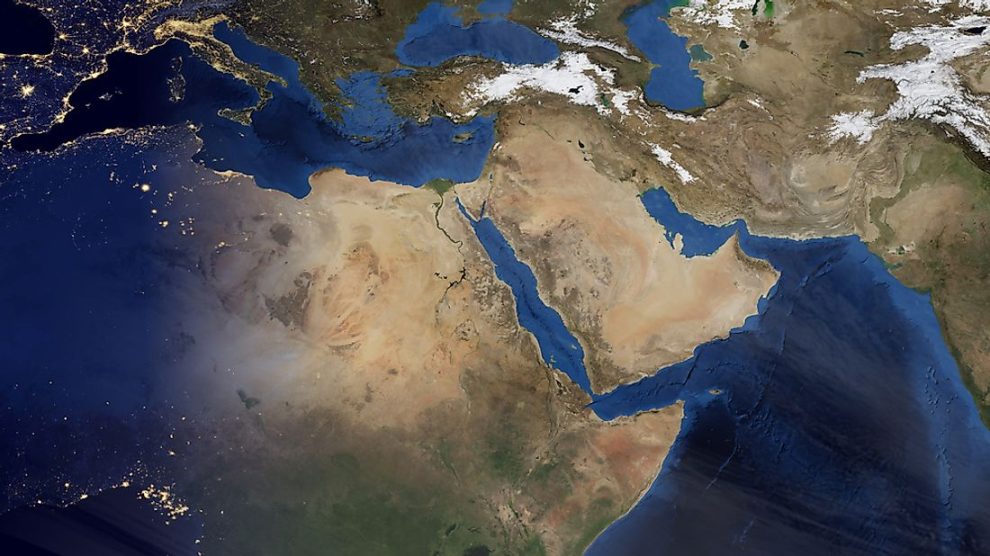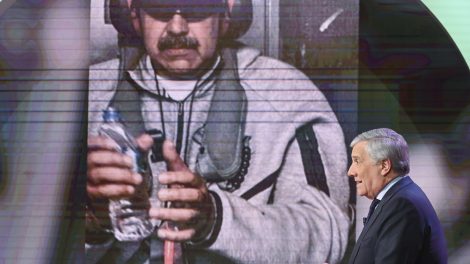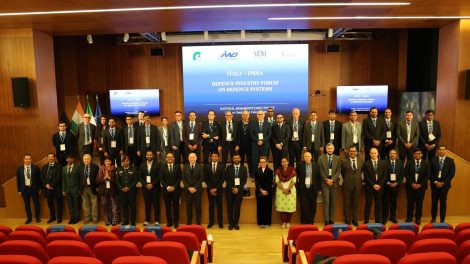The EU Commission’a initiative, lauched on Thursday, covering ten countries from Morocco to Syria, focuses on economic and technological cooperation projects in key sectors — energy, water, agriculture, digitalisation, AI, education, and border management — promoting a “Common Mediterranean Space” built on co-creation and shared responsibility.
Why it matters: The Mediterranean Act represents an attempt at a policy reset after years of fragmented approaches. The renewed attention to the “Southern Front” reflects political momentum led by coastal EU members — notably Italy.
- Prime Minister Giorgia Meloni recently urged greater focus on the Union’s southern flank during the European Council meeting.
- Brussels is adopting a language of equality and partnership, echoing the principles behind Italy’s Mattei Plan for Africa.
- Yet the decision to downplay democratic conditionality raises questions. Critics warn it could reproduce the logic of the 1995 Barcelona Process — strong intergovernmental cooperation, but limited benefits for the people.
The experts’ take: Anthony Dworkin, senior policy fellow at the European Council on Foreign Relations, argues that “Europe’s goals of stability and development, as well as a reduction in migration, depend on a better deal for the region’s people.”
- In his policy brief, “The Power of the Possible: A step-by-step approach to strengthen human rights in the Middle East“ (October 15, 2025), Dworkin outlines a progressive, complex strategy to move the Middle East towards Europe’s values with its real impact.
- “The EU’s new Pact for the Mediterranean is meant to signal a new start for Europe and its commitment to work with the countries of the southern Mediterranean in a practical way on projects of shared interest,” Dworkin says.
Yes, but… He cautions, “The current protests in Morocco show that the region’s people are struggling with poor governance, a lack of opportunity, and a broken social contract.”
- For him, “Europe can still help make a difference in boosting economic and social rights across the region – but it must look beyond short-term cooperation to act on a wider vision of social change.”
Between the lines: Dworkin stresses that “to help the economic and social development of the Middle East and North Africa, the Pact must signal a new effort to target European cooperation in areas that empower people – including challenging the vested interests that choke off opportunity.”
The big picture: The Pact for the Mediterranean also has a geopolitical dimension: the EU seeks to balance China’s and Russia’s growing influence and reaffirm its relevance in the southern neighbourhood through sustainable development, digital transformation, and the security of energy routes.
- From Rome’s perspective, the success of the plan will depend on Europe’s ability to translate the rhetoric of partnership into tangible impact on people’s lives





